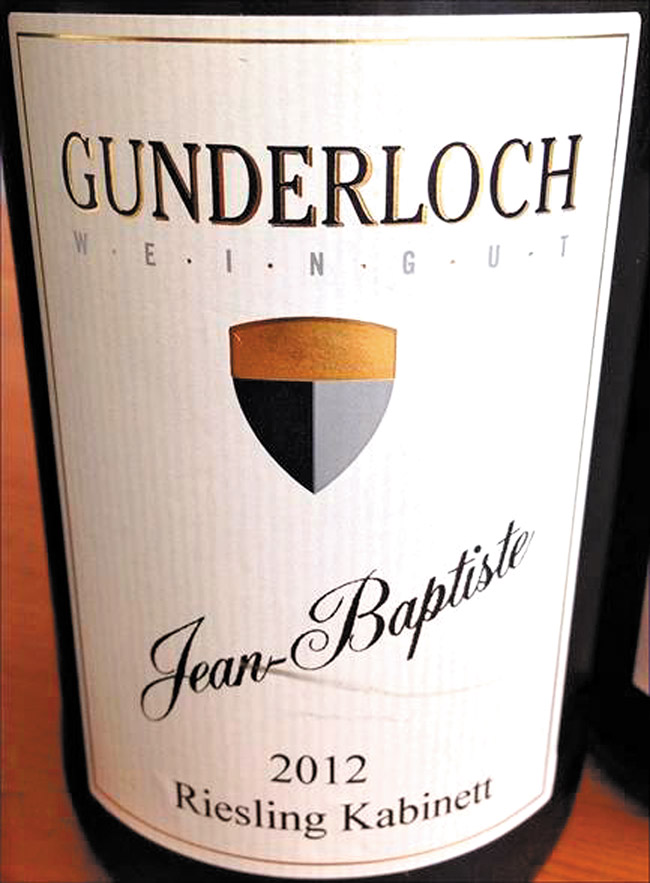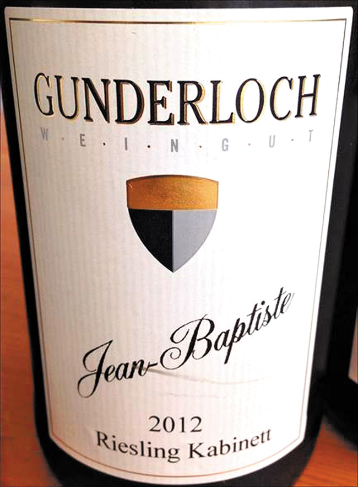The Importance Of A Winemaker’s Palate
Have you ever had a meal and it came out bland? Did you ask your server to return it? Was it the chef’s fault? Have you ever done that with a wine? Is it the winemaker’s fault? I guess you can’t return it to the winemaker. But what if the chef actually did taste that dish and thought it was fine? And what if the wine-maker actually does not have a very sensitive and discerning palate?
I have met more than my fair share of winemakers, and many of them make some very good wines. I must admit, however, that I have met an inordinate percentage of them (with all due respect) who do not a have very good palate. I also have found that many haven’t had as much exposure to wines outside of their region as I would assume, especially wine-makers in the Old World.
I’ve always wondered just how good a winemaker’s palate is. I especially wonder when I see those who are smoking cigarettes. I suppose that smoking becomes a part of everyday life and a part of their palate. But doesn’t it affect the palate somehow?
I once went to visit a very small domain in Burgundy, Domaine Arnaud Ente, to taste its wines, expecting to meet the wine-maker and have him lead us through the tasting. I had been there before, and I really enjoy the wines, but instead of Arnaud leading us through the tasting, we were greeted by Marie-Odille, his wife. When I asked where Arnaud was, she responded that he was at the University of Dijon going through a course designed to refine and improve his palate. I had assumed falsely that most winemakers already go through a course like that when they get their oenology degree. Perhaps this is different in the U.S., but then again, it could be just that, an assumption.
Isn’t it part and parcel of a winemaker’s art to be able to discern the slight nuances among clones, vineyards, vintages and elevage? Would one expect anything less from a chef in a kitchen creating dishes, tasting them, making sure that the presentation and the flavors of the dish are as they would like them to be?
Last year I did a wine pairing for a cooking demonstration at the Hawaii Food and Wine Festival with chefs Sang Yoon of Lukshon in Los Angeles and Chris Cosentino of Incanto in San Francisco, and the topic of seasoning came up in the seminar. They both agreed that it is critical for them to taste the food in the kitchen as it is being prepared. Cosentino goes as far as to require all of his kitchen staff drink an electrolyte drink before service so that all of their palates are balanced before cooking and tasting, which I thought was an awesome idea.
So what do winemakers do to prepare for tasting?
I admire winemakers who go out of their way to taste wines outside of their cellars, their region and their varietal. I think this is truly important for them to get a proper world view. I am not suggesting this automatically would make their wines better, but it might. I hope that at least it would open up their senses to other flavors; maybe even be a catalyst for improvement.
In the end, I am not sure how important a winemaker’s palate is in order to make great wine, but having a good one won’t hurt.
Recommendations: 2012 Gunderloch Riesling Kabinett “Jean-Baptiste” ($18) This wine simply sings with fruit: nectarines, citrus, apricots. It has just the right amount of sweetness, balance and intensity that keeps me coming back for more. 2011 Colene Clemens “Adriane” Pinot Noir ($49) This is a new wine to Hawaii from Oregon and, mark my words, if you are a Pinot Noir lover you will want to get ahold of this bottle. It is sumptuous and sexy, both words that I use only when I am truly impressed with a wine. It has a perfectly ripe and balanced nose with silky texture. Truly impressive.
Roberto Viernes is a master sommelier.
rviernes@southernwine.com
Twitter: @Pinotpusher







